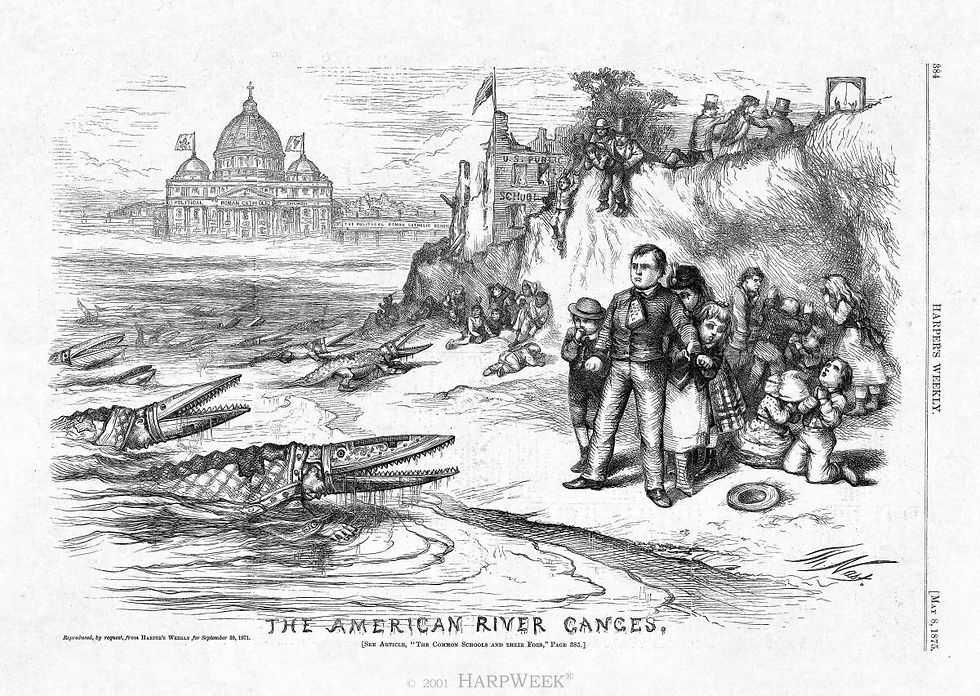Will the U.S. Supreme Court protect religious liberty?
- Gary Houchens, PhD

- Dec 8, 2021
- 2 min read
Today, the United States Supreme Court will take up a case that reflects the long history of bigotry and discrimination faced by American Catholics. The case, called Carson v. Makin, also has implications for all Christians in Kentucky and whether every family regardless of income or zip code should be able to choose a faith-based school for their children.
Carson v. Makin has to do with a tuition assistance program in Maine designed to help families in rural areas where the nearest public school may be far away. Eligible families can use the tuition assistance to select a private school, but Maine law forbids families to choose a faith-based school – including Catholic schools – as an option. The plaintiffs, representing students and their families, argue that prohibiting families from choosing a faith-based school violates the Free Exercise Clause of the First Amendment by discriminating against such schools solely because of their religious character.
Sadly, Maine, like many other states including Kentucky, has an ugly history of such discrimination directed towards Catholics that led to the passage of these laws called Blaine Amendments, which exist in thirty seven states including Kentucky. The most infamous example of anti-Catholic discrimination in Maine was the story of Father John Bapst, who in 1853 publicly defended a group of Catholic school children who were expelled from Ellsworth, Maine public schools for ref using to read from the English Protestant Bible, at that time a required part of the Maine curriculum. With Fr. Bapst’s help, families of the expelled students started their own Catholic school but sued the state for its discrimination.
The anti-Catholic backlash against Fr. Bapst and fellow Catholics was extreme. The school building was bombed and mobs tarred and feathered the priest. Two years later, after state courts upheld the compelled reading of a Protestant Bible by public school children, Fr. Bapst’s parish church was burned by another mob. A Blaine Amendment was then passed to impede the ability of the Catholic Church to establish parochial schools.
Today, it's not just Catholics who are seeking educational freedom. As the secular public school system has abandoned a moral formation in line with many parents' values, parents across the commonwealth are increasingly interested in ensuring that their children have a sound moral upbringing.
Unfortunately, a faith-based education in Kentucky has largely only been available to families who can afford it. With the passage of Education Opportunity Accounts earlier this year, thousands more families may soon be able to choose which education is best for their children within our pluralistic society.
Gary W. Houchens, PhD, is professor of educational administration and Western Kentucky University and a policy advisor for Commonwealth Educational Opportunities.





Comments